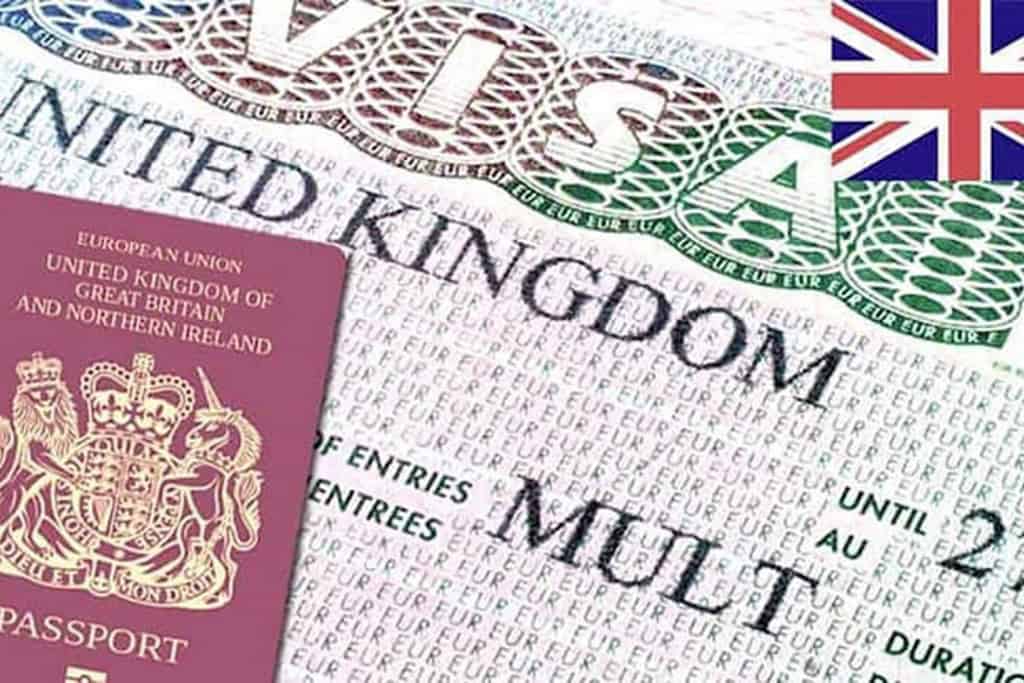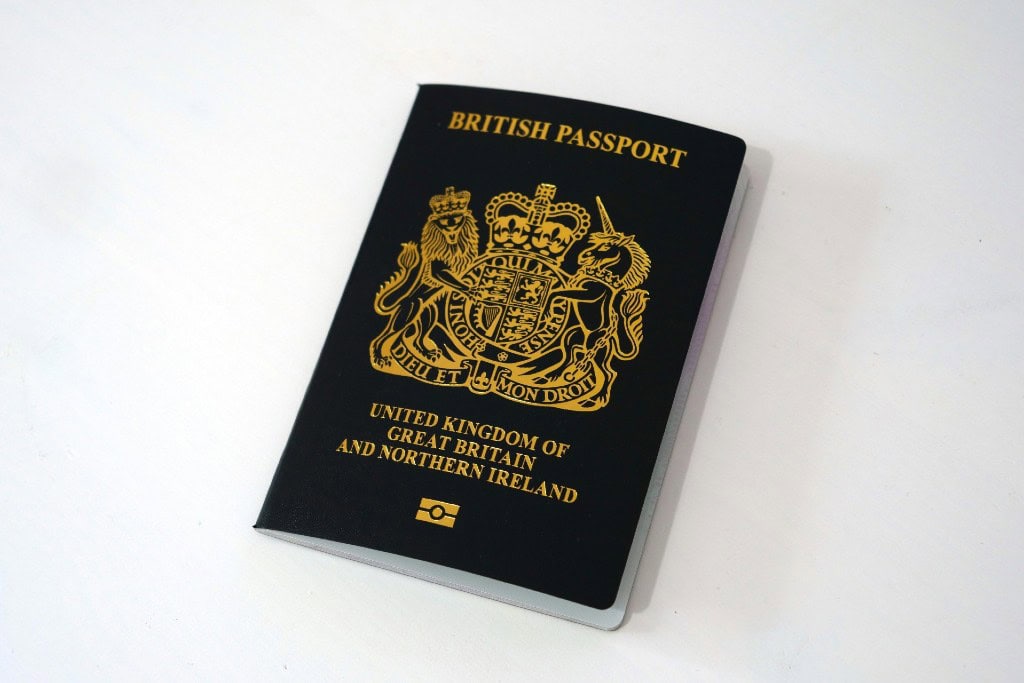
On 5 October 2020, the United Kingdom government changed the immigration route for students. What used to be the “Tier 4” route has become the “Student” route. Most of the changes are not significant but they carry many benefits for international students looking to enroll in a United Kingdom university.
The UK Home Office said the new route treats all students equally, including students from Europe coming to study after the Brexit transition period ends at the end of the year.
“THE NEW STUDENT ROUTE IMPROVES ON THE PREVIOUS TIER 4 ROUTE BY MAKING IT MORE STREAMLINED FOR SPONSORING INSTITUTIONS AND THEIR STUDENTS, CREATING CLEARER PATHWAYS FOR STUDENTS, AND ENSURING THE UK REMAINS COMPETITIVE IN A CHANGING GLOBAL EDUCATION MARKET.” THE UK GOVERNMENT RELEASED A STATEMENT.
Students will need to acquire a total of 70 points to be granted leave. They will achieve the required points if they can demonstrate that they have an offer from an approved educational institution, speak English, and are able to support themselves during their studies in the United Kingdom.
The required 70 points are split into 3 sections for students to fulfill:
Confirmation of Acceptance for Studies (CAS): Students must obtain 50 points by securing a CAS from an approved educational institution. This letter confirms that you meet all the necessary criteria, including the course requirements, approved qualifications, study level, and place of study. The CAS serves as proof that you have been officially accepted into a full-time course at a recognized institution.
Financial Requirement: To earn 10 points, students need to demonstrate that they have adequate funds to cover tuition fees, accommodation, and living costs in the UK. Unless exempt due to your country of origin, you must provide documentary evidence showing financial capability. This documentation includes proof of identity, a valid passport, and original financial records, ensuring you can support yourself throughout your studies. A credit card statement may be used as part of this evidence to show available funds.
English Language Proficiency: Another 10 points are awarded for meeting English language proficiency requirements. Students from non-English speaking countries must provide evidence of proficiency at the CEFR B2 level or higher. This requirement is crucial for students entering degree-level programs. Specific English language requirements may vary depending on the university and the level of study, and these will be detailed in your offer letter.

The changes to the visa rules have plenty of terrific benefits for international students and they include:
More time for a UK Student Visa application
The new Student Route allows students to apply for their visa up to six months before their course start date. This extended application period offers students ample time to complete the necessary paperwork and prepare for their move to the UK, making the transition smoother and less stressful.
Easier student visa extensions
Students already in the UK will benefit from simplified visa extension options. They can extend their visas without having to leave the country, provided they meet the required criteria. This change reduces the need for complicated visa renewals and allows students to continue their studies with greater ease.
Part-Time Work Opportunities:
Under the new route, students are permitted to work up to 10 hours per week during term time, with International Year One (IYO) students allowed to work up to 20 hours per week. This flexibility helps students gain valuable work experience and manage their living expenses while studying.
Less documents required
The new route simplifies documentation requirements. Students who have been in the UK for 12 months are no longer required to submit evidence of funds when applying for an extension. Additionally, those who have previously demonstrated their English language proficiency are not required to provide this evidence again, streamlining the application process.
Easier language requirements
Language requirements have been made more accessible. IYO students can now use alternative non-SELT English tests if they meet B2 proficiency in all skills. Students with GCSEs, A-Levels, or Scottish equivalents in English Language or English Literature are exempt from the English language requirement, making it easier to meet the necessary criteria.
Work in the UK opportunity
The new Graduate Visa provides the opportunity to stay in the UK for up to two years after completing a degree. This extension allows graduates to find work and gain valuable experience, supporting their career development and increasing their chances of establishing a successful professional path in the UK.
Key Considerations for UK Student Visas: Understanding Types, Rules, and Entry Requirements

When applying to study in the UK, it’s crucial to understand the different visa types available and their specific requirements. The Student visa is the primary route for those enrolling in a full-time course, offering a more extended stay and work opportunities. In contrast, the short-term study visa is suitable for students undertaking courses lasting up to six months, such as English language courses. Each visa type has distinct criteria, including the duration of stay, eligibility for part-time work, and application requirements. Carefully reviewing these differences ensures that applicants choose the right visa for their study plans.
Navigating UK immigration rules can be complex. Applicants should be aware of the latest regulations, including those related to the visa requirements, the application fee, the application form, and processing times. The application fee varies depending on the visa type and duration of stay. Additionally, the processing time for visa applications can range from several weeks to months, depending on the volume of applications and individual circumstances. Staying informed about these rules and timelines helps in planning and avoids unnecessary delays in the visa application process.
Note that as of 1 October 2021, students can no longer use EU, EEA, or Swiss national ID cards to enter the UK. Recent changes in entry requirements emphasize the necessity of having a valid British passport or biometric passport. All students must present a valid passport or travel document, with biometric passports highly recommended for smoother processing. These updated entry requirements are essential for ensuring compliance with immigration laws and facilitating seamless entry into the UK.
Essential Tips for Child Visas and Easy Applications

For younger students aged 4 to 17 planning to study in the UK, the Child Student Visa provides a specialized route. Applicants must secure a Confirmation of Acceptance for Studies (CAS) from an approved institution, demonstrating they meet the course and qualification requirements. They must also show they have sufficient funds to cover tuition fees, accommodation, and living costs. Obtaining student permission involves meeting specific academic and welfare standards to ensure the well-being of younger students during their stay.
The visa application process involves careful attention to detail, particularly when filling out the online form and interacting with visa application centres. Applicants should accurately complete all personal details and submit necessary original documents. Visa application centres assist with collecting biometric data, processing applications, and offering support throughout the process. Proper preparation and understanding of each step can help avoid delays.
Maintaining valid immigration status requires proper proof of identity and adherence to immigration permissions. Applicants must provide a valid child passport or biometric residence permit as part of their application. Keeping documentation up to date is crucial to avoid complications such as entry denial or visa revocation. Understanding and meeting these requirements is essential for a successful stay in the UK.

These changes simplify the study experience for international students in the UK by streamlining the application process, extending visa validity, and offering increased work opportunities. The transition from Tier 4 to the Student route enhances the UK’s appeal and flexibility for students. To make the most of these updates and ensure a smooth transition, contact Studygram™ for expert guidance tailored to your needs. Start your journey with confidence and stay informed with our newsletter for the latest educational opportunities.
Studygram™ – Trusted source of educational news and gateway to worldwide education. Click here for a free consultation.


